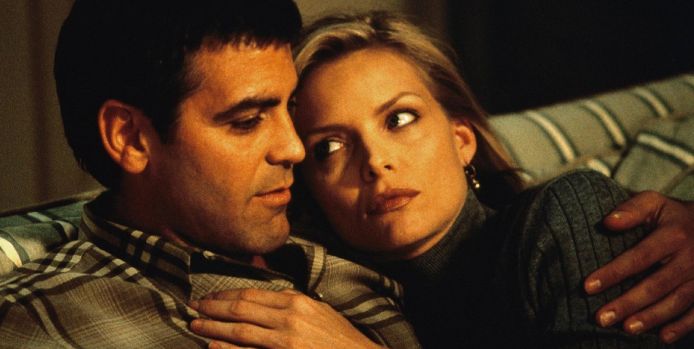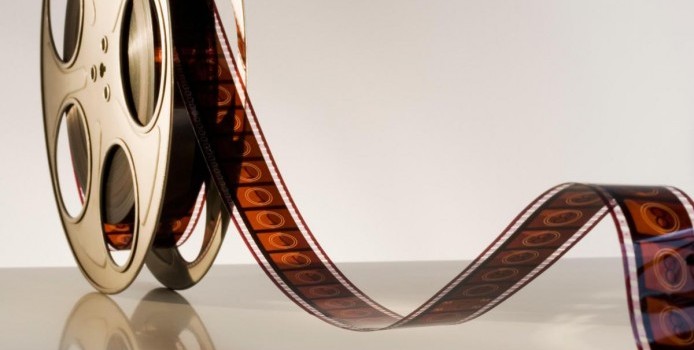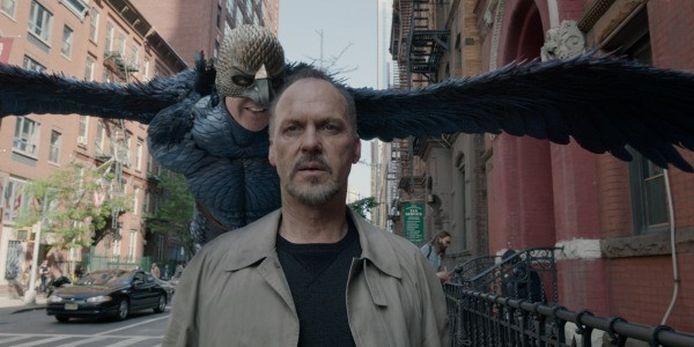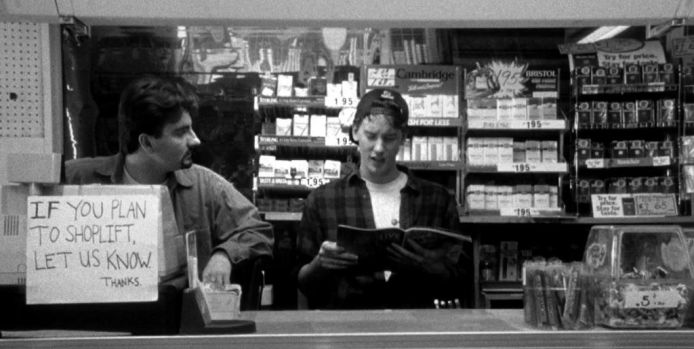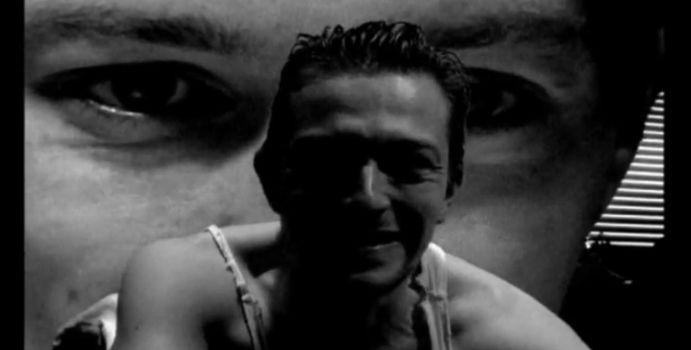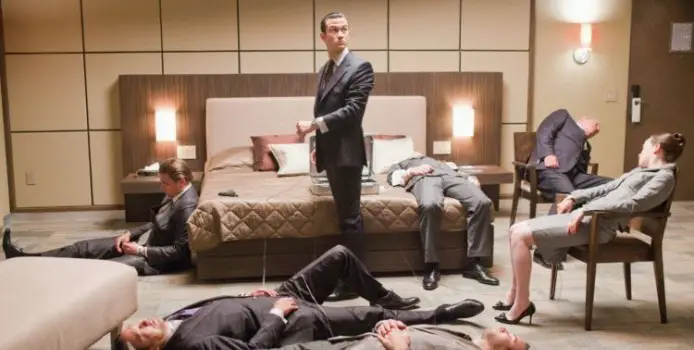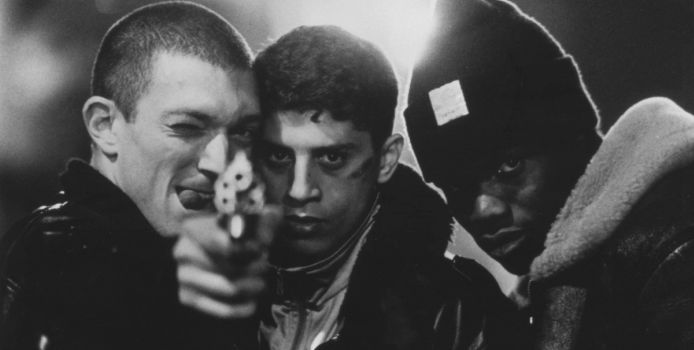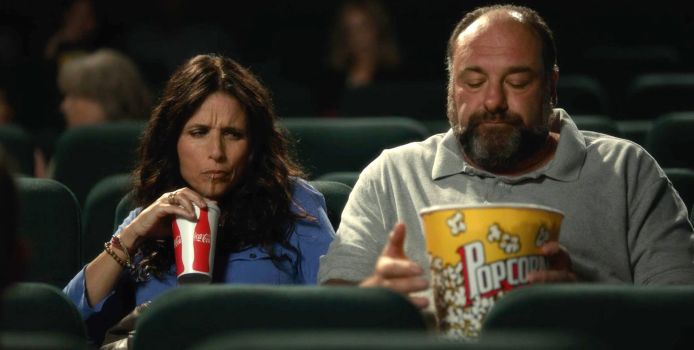Features
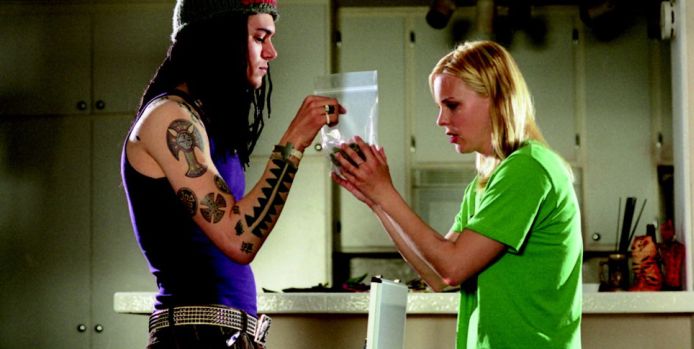
Stoner movies aren’t really the best education on weed culture, I’ll be honest with you. If you learnt everything about toking up from watching comedies like Pineapple Express (2008) and This is the End (2013), you know that men like to get really high. They roll up joints and blunts, take plenty of hits on bongs and bowls, and order in family-size pizzas.
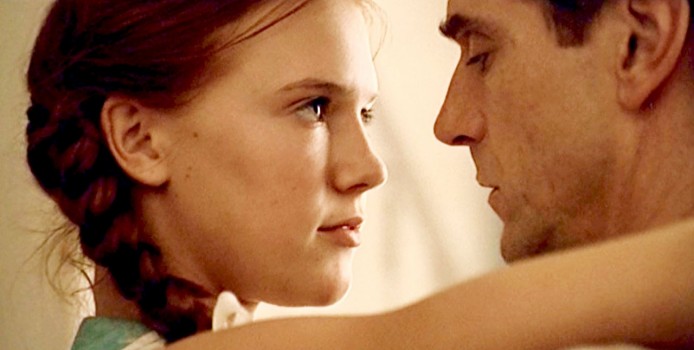
In cinema, age-gap relationships have been forever on display, from Humphrey Bogart and Lauren Bacall to those seen throughout Woody Allen’s cinematic adventures (including his most recent Magic in the Moonlight). The age-gap relationship often takes the form of an older man and a younger girl, though there are the exceptions (take a look at The Graduate). Aside from the problematic conventions of the leading men ageing and the women remaining youthful in looks and spirit, the age-gap film poses questions about sexuality that mainstream Hollywood often shies away from.

The New York Film Academy have kindly asked for Film Inquiry to discuss and respond to their new infographics. With one of their topics being on gender inequality in cinema (seen below and also found here), I was instantly drawn to writing this article because the issue is very close to my heart, alongside the fact that I would like to go into the cinematic industry when I am older. Will my gender affect my chances of having a job in this male-dominated industry?
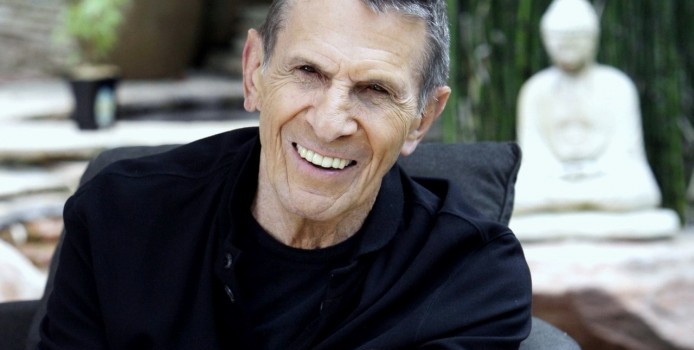
The passing of a film icon always hits me hard. Mostly because of the realization that actors are as human as the rest of us; knowing that I’ll never have the chance to meet him in person or see him in another movie. Leonard Nimoy started his performance career at the age of 20, but did not become truly recognizable until 1966, when his portrayal of the half-human, half-Vulcan science officer on Star Trek put him on the map.


